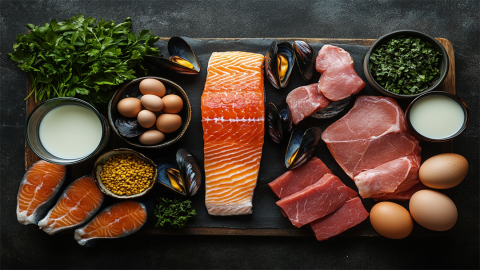Is a high-protein diet important after test tube embryo transfer?
Generally speaking, a high-protein diet after test tube (IVF) embryo transfer is quite important. The detailed explanation is as follows:

After IVF embryo transfer, a woman's body requires substantial nutrients to support embryo implantation and development. As a key component of human cells and tissues, protein plays a vital role for women following embryo transfer. Appropriately increasing protein intake can not only enhance immune function, reduce the risks of early miscarriage and biochemical pregnancy, but also improve embryonic development potential, positively influencing embryo implantation.
In addition to increasing protein intake, women should also focus on balanced nutrition after IVF embryo transfer, obtaining adequate carbohydrates, fats, vitamins, and minerals to meet the body's various needs.
In daily life, women should avoid consuming raw or cold foods, spicy and irritating foods, as well as beverages containing caffeine and alcohol, as these unhealthy dietary habits may adversely affect embryo implantation and development.





